In March 2018, David Harsanyi wrote at NRO about the alleged scandal involving Facebook and political consulting firm Cambridge Analytica, which was so scandalous that it merited its own Wikipedia entry.
Here is what I wrote back then: https://t.co/6UUPWtRbWs
— David Harsanyi (@davidharsanyi) October 9, 2020
Here’s what Harsanyi said at the time it was blowing up all over the media:
What the Facebook-Cambridge Analytica scandal lacks in relevance it sure makes up for in melodramatic rhetoric. Take Bloomberg, for instance, which reported, “The revelations of the apparent skulduggery that helped Donald Trump win the 2016 presidential election keep sending shock waves across the political landscape.” Well, it’s partially true. Everyone is talking about it. The story has consumed most of the mainstream media.
The theory goes something like this: Facebook obtained information on users who took a personality quiz with their online friends. Another outlet, the advertising firm Cambridge Analytica, harvested that information, brainwashed a bunch of rubes, and then yada, yada, yada . . . Russia! Former Cambridge Analytica contractor Christopher Wylie told CNN that while at the company, he helped build a “psychological warfare weapon” to “exploit mental vulnerabilities that our algorithms showed that [Facebook users] had.” So, in other words, he worked in the advertising business.
Those who have covered politics for more than a single Trump cycle should know better than to use this kind of unnerving rhetoric for what amounts to nothing more than average microtargeting, which has been used by hundreds, if not thousands, of firms. Yet now, when it serves to bolster convoluted theories about an election having been overthrown, terms like “psychographics” and “breach” are being thrown around to make it sound like someone hacked into voter rolls after boring into the deepest recesses of our collective soul.
The “scandal” played a huge role in the Russia collusion narrative, which, as you know, has been quite extensively debunked. But Harsanyi hasn’t forgotten how the media clung to the Facebook-Cambridge Analytica story because they were so desperate to legitimize Russia collusion theories.
Read this, where @davidharsanyi has the receipts on how CNN's @jaketapper @mkraju @brianstelter pushed the Russia collusion hoax via the always stupid but now conclusively debunked Cambridge Analytica story. Look at how manic they were in pursuit of their anti-Trump narrative. https://t.co/cxKGDyur7Q
— Mollie (@MZHemingway) October 9, 2020
The Facebook-Cambridge Analytica narrative took a pretty big hit recently:
Here is the piece from yesterday about the British finding no evidence to back up the accusations that were widely disseminated by media here: https://t.co/SfOYUGmwnQ
— David Harsanyi (@davidharsanyi) October 9, 2020
ICO report into Cambridge Analytica finds no Russian connections, no Brexit link, and largely ineffective predictive analytics that were wildly overhyped https://t.co/g8WI5N1hlF
— Nick Srnicek (@n_srnck) October 7, 2020
More:
At first glance [Elizabeth Denham, the UK’s Information Commissioner]’s findings, which were released on Tuesday, dispel many of the accusations put forward by whistleblowers and digital rights campaigners over the course of 2018.
The most serious of these was that the digital marketing specialist had colluded with Russia to steer the results of the Brexit referendum and broken US campaign rules during the 2016 presidential election. Campaigners had also previously argued the company failed to delete contentious data sourced from Facebook without users’ permission when asked.
Denham told a parliamentary select committee on Friday that “on examination, the methods that SCL were using, were in the main, well recognised processes using commonly available technology”.
Don't know if anyone at CNN is covering debunking of the Cambridge Analytica whistleblower panic. This is what it looked like back in 2018.
— David Harsanyi (@davidharsanyi) October 9, 2020
— David Harsanyi (@davidharsanyi) October 9, 2020
— David Harsanyi (@davidharsanyi) October 9, 2020
— David Harsanyi (@davidharsanyi) October 9, 2020
— David Harsanyi (@davidharsanyi) October 9, 2020
— David Harsanyi (@davidharsanyi) October 9, 2020
— David Harsanyi (@davidharsanyi) October 9, 2020
— David Harsanyi (@davidharsanyi) October 9, 2020
That's just three reporters at one outlet.
— David Harsanyi (@davidharsanyi) October 9, 2020
Three of many, many more.
— David Harsanyi (@davidharsanyi) October 9, 2020
— David Harsanyi (@davidharsanyi) October 9, 2020
— David Harsanyi (@davidharsanyi) October 9, 2020
CNN and the rest of the media have amassed quite the collection of rakes on which they’ve stepped over the Russia collusion narrative.
Anyway, you get the point.
— David Harsanyi (@davidharsanyi) October 9, 2020
This is usually @DrewHolden360's job, anyway.
— David Harsanyi (@davidharsanyi) October 9, 2020
Heh. Well, Drew has to rest sometime.
















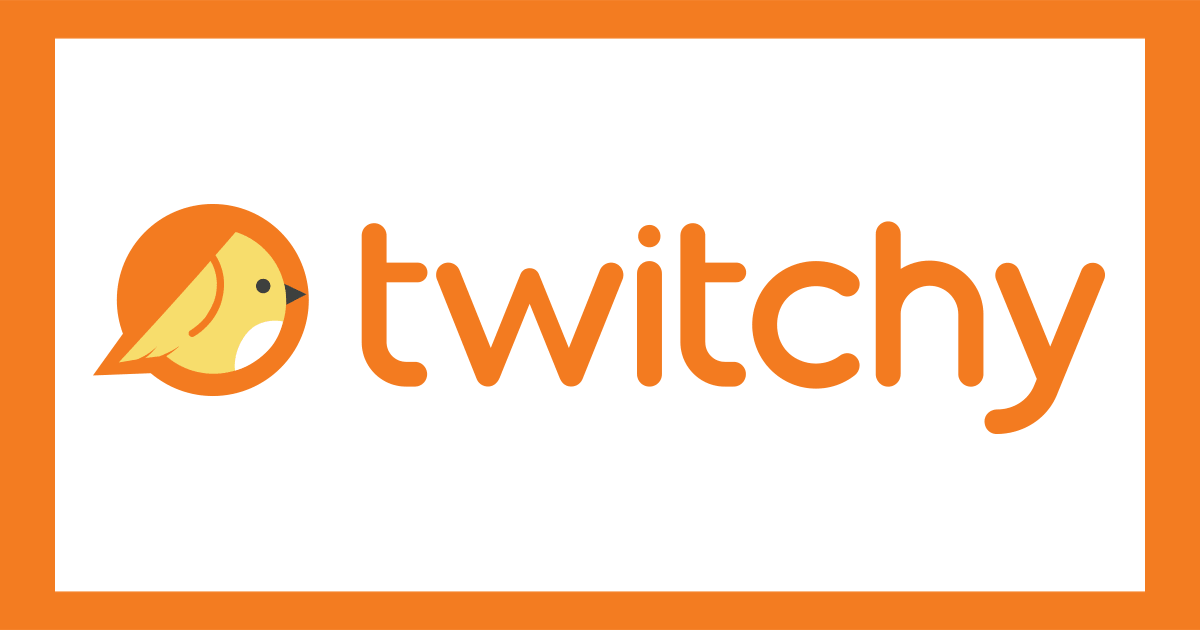

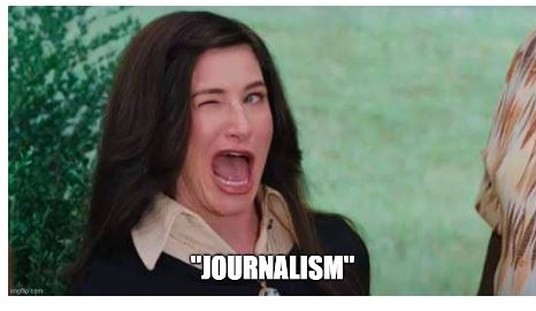
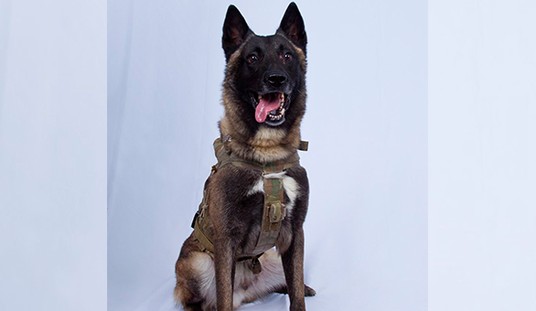
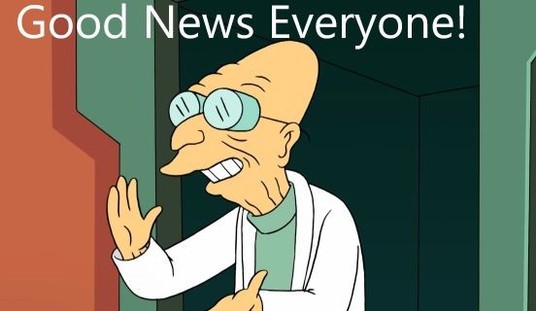

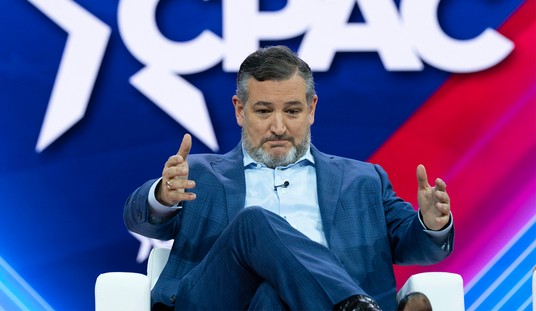

Join the conversation as a VIP Member